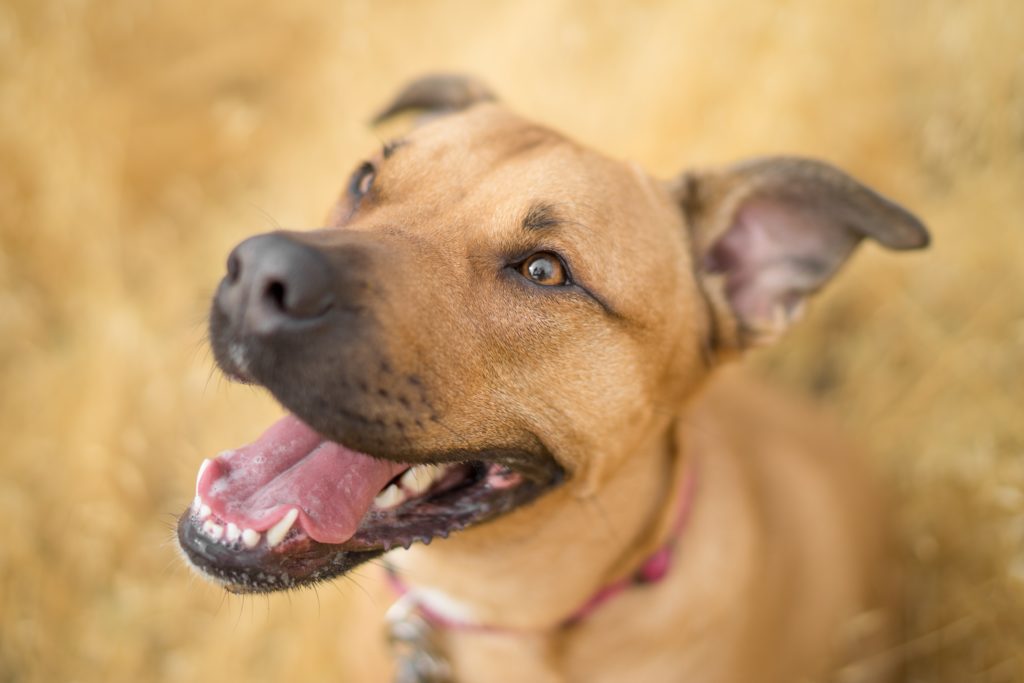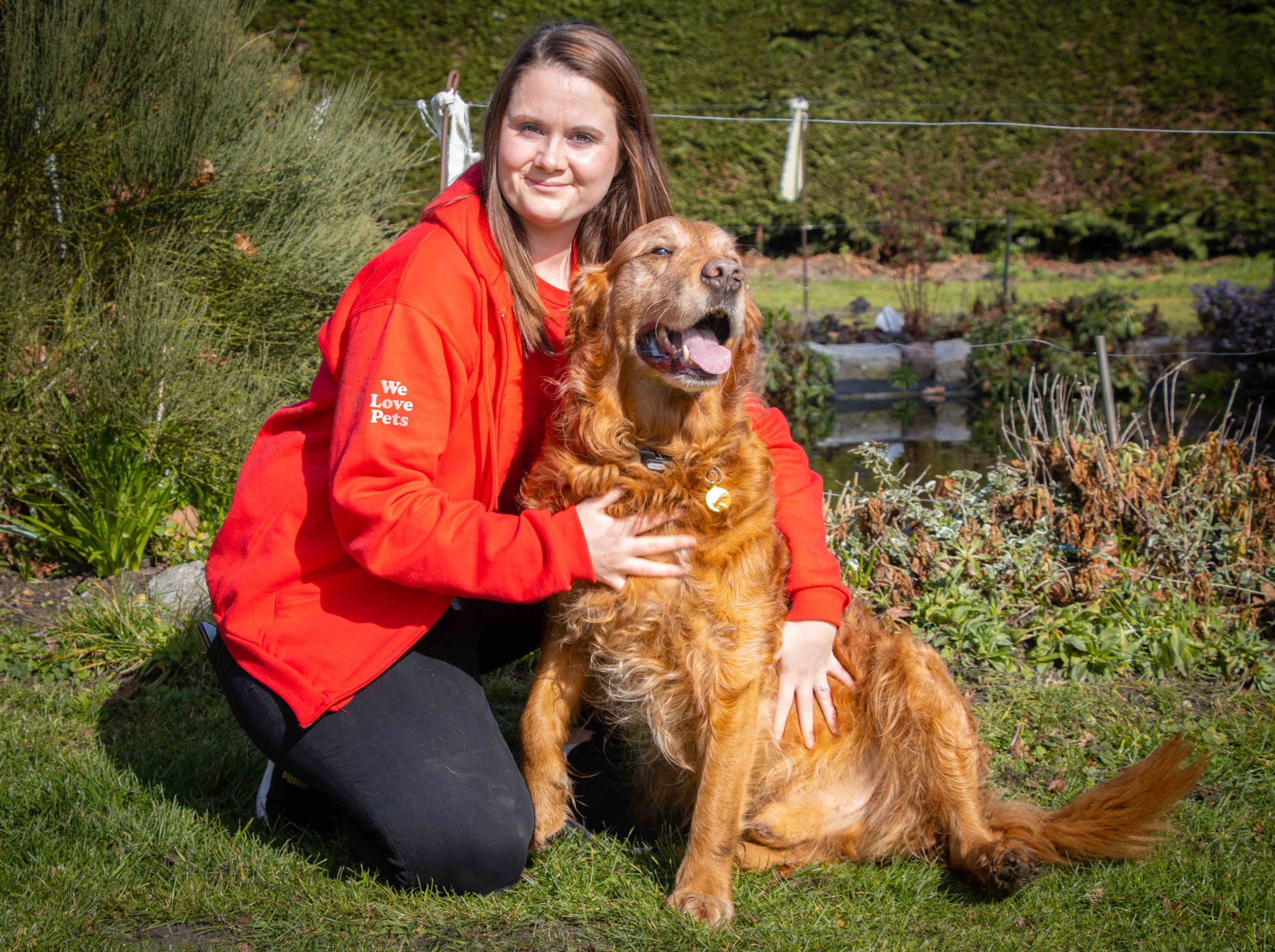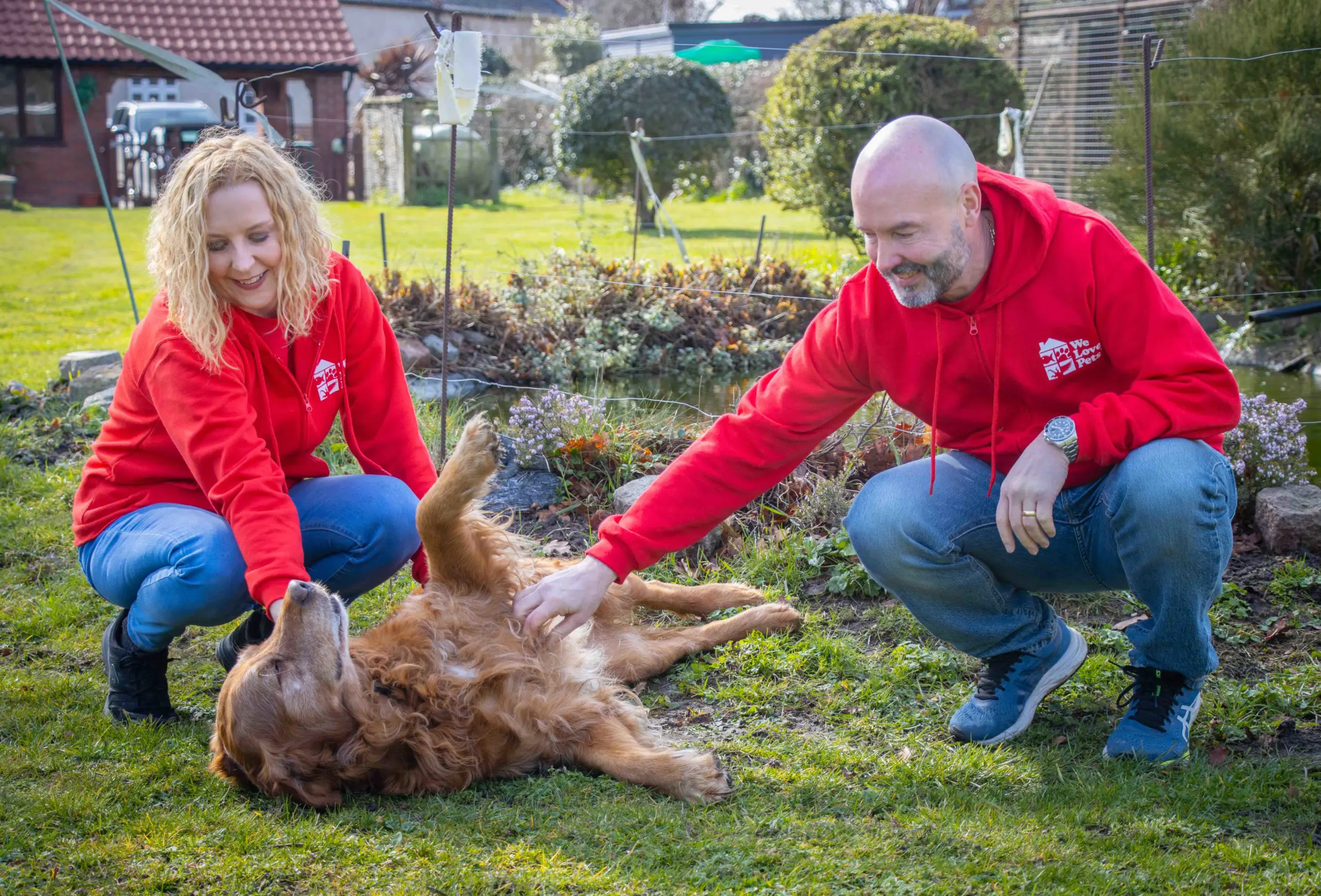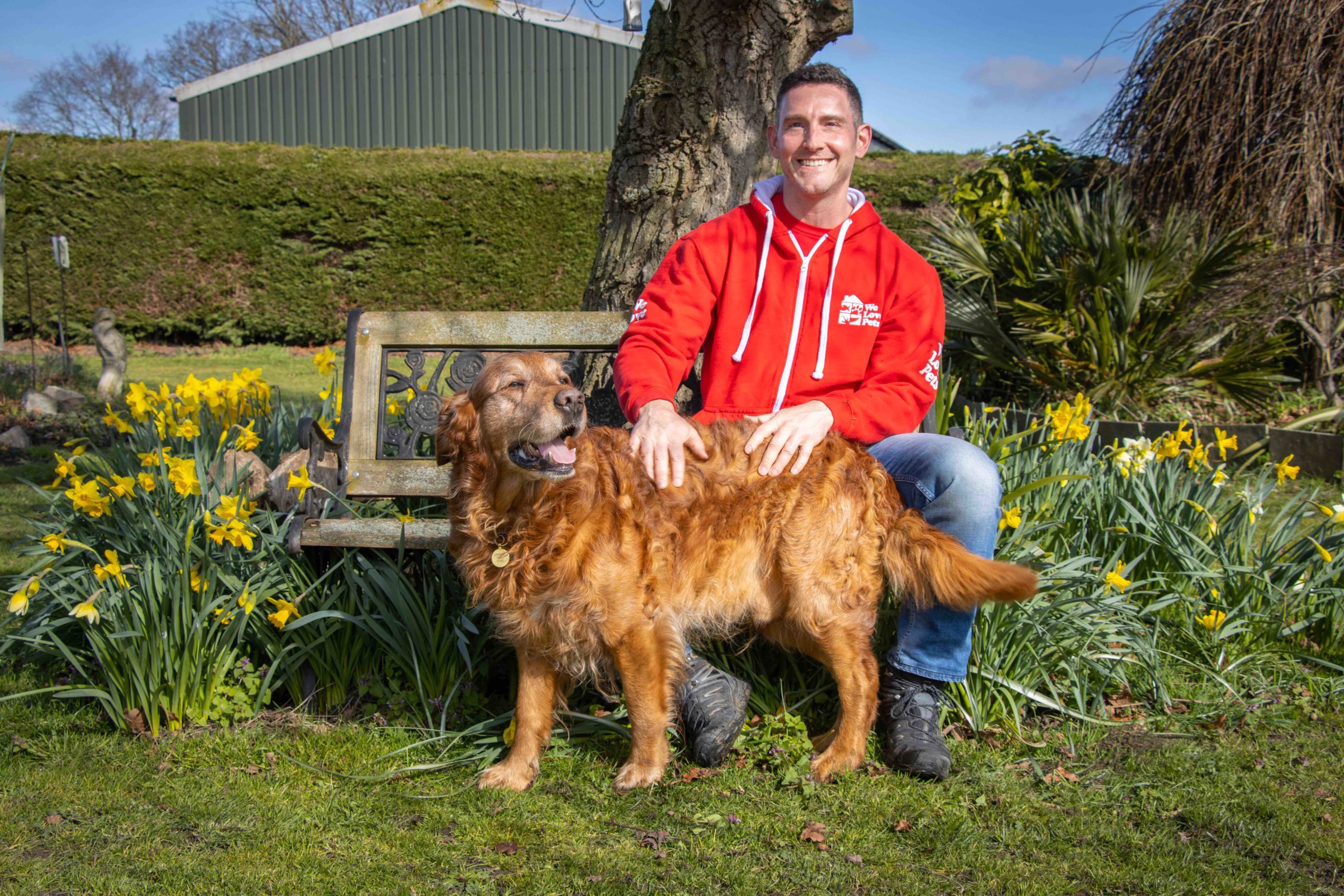by Sophie Baldwin, Vet Nurse & We Love Pets Franchisee
Ouch! Where dental health has been neglected in pets it can lead to chronic discomfort and pain.
Infections inflamed gums and even the loss of teeth. Really bad infections can cause problems elsewhere such as in the heart, liver and kidneys. That’s why it’s a good idea to keep on top of your pet’s dental hygiene.
How do you know if your pet needs dental treatment?
- First the obvious- bad breath!
- Do the gums look sore? Is there a red line around the gum margin at the base of the tooth? Are their spots of blood perhaps appearing on chew toys?
- Is there staining on the teeth? This staining can be plaque starting to build up which if left could calcify into tarter.
- Your pet may paw at its mouth or eat its food on one side of the mouth.
- Are they taking longer to eat their food because they are having difficulty?
- In severe cases the pet will start to lose weight as it is too painful to eat or just an overwhelming infection in the mouth is now causing the pet to feel ill.
- In the older cat with dental pain they may have stopped grooming and have started to look unkept.
The best thing to do is pop your pet into your vets. Most veterinary practices offer dental checks by a veterinary nurse if general advice is needed. Some are ‘free dental checks’ or a small fee may be charged.
Dental care at home – what are the options?
Brushing teeth
This is the gold standard of care but it is not advisable to start if you suspect dental disease as the gums will be sore and brushing will hurt. It is always a great thing to introduce to young puppies, as it becomes the norm to them. Veterinary nurses are always able to demonstrate how to effectively introduce tooth brushing to the older dog. Tooth brushing can be done in cats as well but they tend not to be so tolerant.
Never use human toothpaste as it will froth up in the mouth and may upset the digestive system if swallowed. There are especially formulated dog and cat toothpastes available in malt, fish and poultry flavour!
Dried dental kibble
These are formulated to clean the teeth mechanically as the dog bites into the kibble. Some diets have been enriched with enzymes to reduce plaque build up. A dry diet in general helps avoid the sticky texture of wet foods that may cling to the teeth.
Dental chews
A lot of these contain calories so food quantities may need to be reduced. You also need to find a chew that your dog does not eat in seconds. If it doesn’t cause the dog to have to work at chewing it is unlikely to be touching the teeth and has been eaten whole!
A final note-we all know dogs love tennis balls but did you know that the surface of the ball can actually be quite abrasive to the enamel on the tooth?
Any questions or concerns contact your vet.




